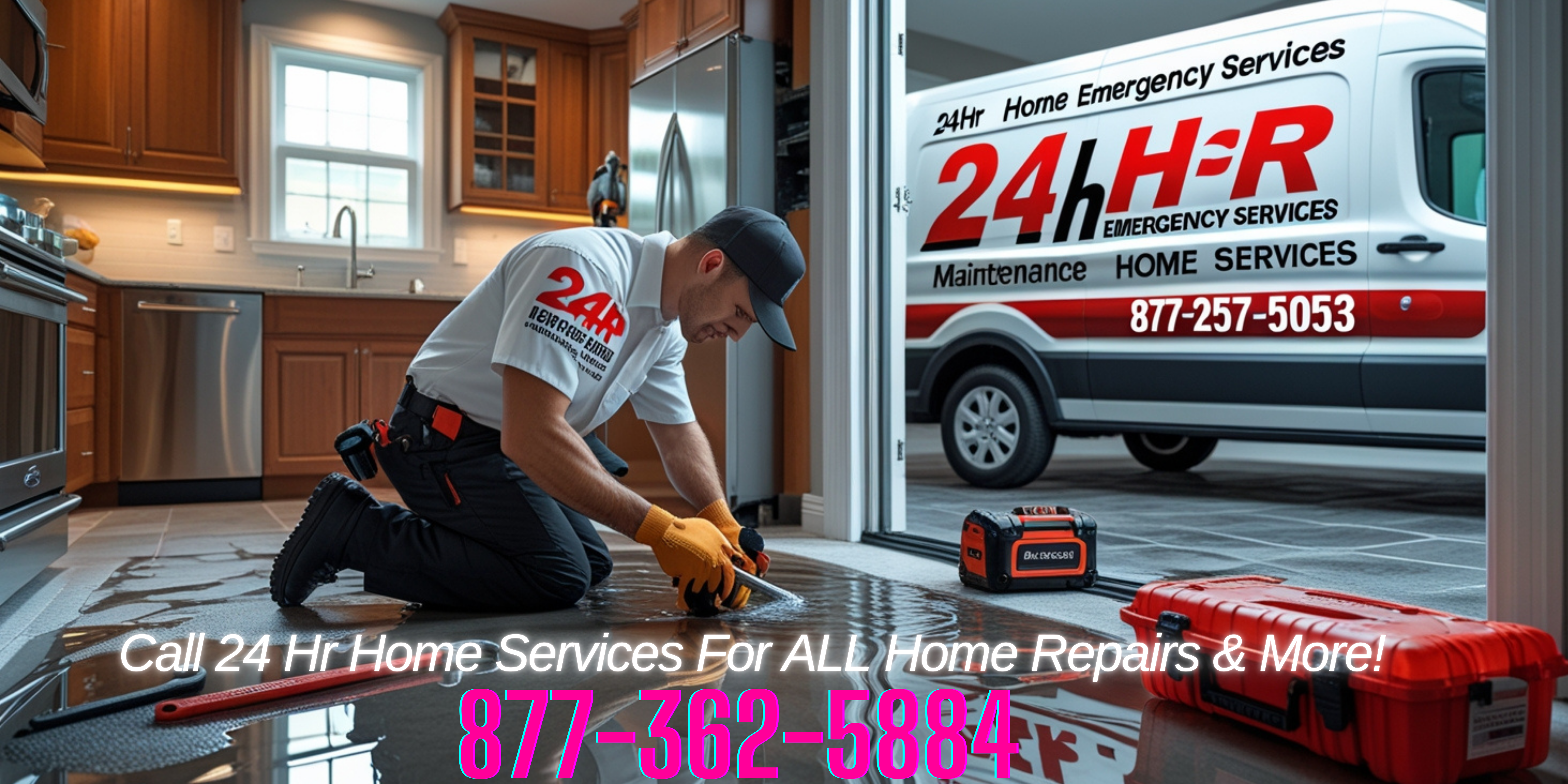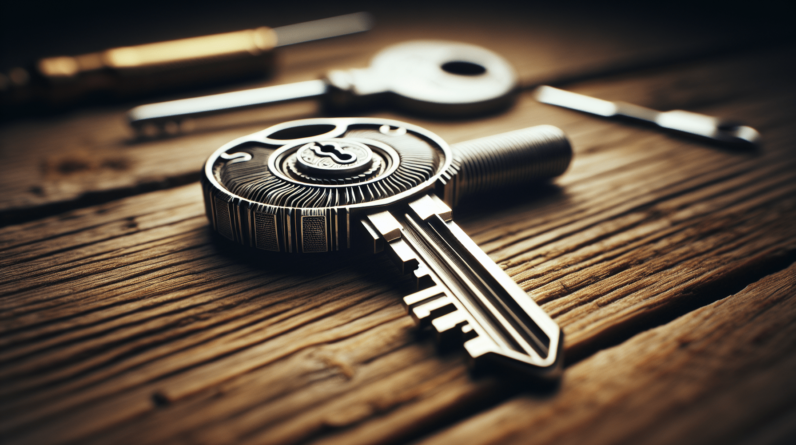
Have you ever found yourself in a plumbing crisis, unsure of what to do next? Emergencies can be stressful, especially when it comes to your home. Plumbing issues can arise without warning and often require immediate attention. In Philadelphia, knowing how to handle these situations can save you both time and money.
Understanding Emergency Plumbing
When you think about emergency plumbing, you may picture catastrophic leaks or overflowing toilets, but it encompasses a wide range of issues. An emergency plumbing situation typically includes problems that, if not addressed promptly, could cause significant damage to your home or pose health risks to your family.
Common Emergency Plumbing Situations
Understanding the types of plumbing emergencies can help you identify when you need to call a professional. Here are some common situations you might encounter:
| Emergency Situation | Description |
|---|---|
| Burst Pipes | Sudden water leaks that can flood your home and damage your belongings. |
| Overflowing Toilets | Toilets that won’t stop running or overflow, causing potential sanitation issues. |
| Sewer Backups | When waste backs up into your home, posing serious health risks. |
| Broken Water Heaters | No hot water or leaking water heaters can disrupt daily activities. |
| Clogged Drains | Severe clogs that prevent water from draining, creating potential flooding. |
Identifying an Plumbing Emergency
So how can you tell if the issue you’re dealing with truly qualifies as an emergency? Trust your instincts! If you find yourself questioning whether to call a plumber, it’s better to be safe than sorry. Look for signs such as:
- Unusual smells: A sewage smell is a clear indication you need immediate help.
- Rapidly rising water levels: If you see water accumulating in your bathroom or kitchen, it’s time to act fast.
- No water or low water pressure: This can signal a deeper issue that requires immediate attention.
What to Do in an Emergency Plumbing Situation
When a plumbing emergency strikes, knowing what to do can keep the situation from worsening. Here’s a friendly, step-by-step guide to managing the crisis effectively:
Step 1: Assess the Situation
Take a moment to evaluate the problem. Is the issue isolated to one area, or is it affecting multiple rooms in your home? This assessment will help you determine the urgency of the situation and whether you can solve it yourself or if you need to reach out to a plumbing professional.
Step 2: Shut Off the Water Supply
If you’re facing a significant leak, the first step is to shut off the water supply. Look for the main shut-off valve, usually located near your water meter. Turning this off will help prevent further flooding and water damage.
Step 3: Clear the Area
If water is pooling, remove any items that could get damaged. This includes furniture, electronics, and personal belongings. The less you have at risk, the better.
Step 4: Contact a Professional
Once you’ve managed the immediate threat, it’s time to call an emergency plumber. In Philadelphia, it’s essential to choose reputable services that are available 24/7. A quick phone call can help you get the assistance you need.
Step 5: Document the Damage
Take photos of any damage caused. This will help you when filing an insurance claim, should that be necessary. Keep a record of conversations with your plumber and any maintenance work that has been done.

Choosing an Emergency Plumbing Service in Philadelphia
When faced with plumbing emergencies, selecting the right service is crucial. Here are some tips for choosing a reliable plumber in Philadelphia:
Look for Licensing and Insurance
Always ensure that the emergency plumbing service you choose has proper licensing and insurance. This not only guarantees expertise but also protects you from potential liability.
Check Reviews and References
Looking for customer reviews can give you insights into the company’s reliability and quality of work. Don’t hesitate to ask for references to better understand their past projects.
Ask About Service Availability
Given the nature of emergencies, make sure the plumbing service you choose operates around the clock. You shouldn’t have to wait for business hours to get help.
Get Estimates
It’s always wise to ask for estimates before any work begins. This way, you can avoid any unexpected charges later on. Be sure to clarify what the estimate covers.
Preventing Future Plumbing Emergencies
While you can’t predict every plumbing emergency, there are steps you can take to minimize the risk. Here are some proactive tips to help keep your home in good shape:
Regular Maintenance
Scheduling regular maintenance checks can help catch potential issues before they become major problems. Consider setting up a yearly inspection with a trusted plumber.
Be Aware of Your Plumbing System
Familiarize yourself with your plumbing system, including the location of shut-off valves, pipes, and water heaters. Understanding how your system works can save you valuable time during emergencies.
Properly Dispose of Waste
Avoid flushing inappropriate items down toilets or pouring grease down drains. This can greatly reduce the likelihood of clogs and other plumbing disasters.
Insulate Pipes
If you live in an area that experiences freezing temperatures, insulating your pipes can prevent them from freezing and bursting during winter months.

Dealing with Specific Plumbing Emergencies
Each plumbing emergency can have its own distinct challenges. Here’s a closer look at some common problems and helpful tips for dealing with them:
Burst Pipes
Burst pipes can lead to extensive water damage and should be dealt with immediately. As mentioned earlier, shutting off your water supply is the first step. Next, call a plumber who can repair or replace the damaged section and assess any water damage that may have occurred.
Overflowing Toilets
If your toilet is overflowing, quickly turn off the water supply valve, typically located behind the toilet. You can usually fix minor clogs with a plunger, but if that fails, don’t hesitate to call a plumber to investigate further.
Sewer Backups
Sewage backups can be hazardous to your health. If you suspect a sewer backup, avoid flushing toilets or using sinks. A professional plumber can assess the situation and may need to perform a mainline cleanout.
Broken Water Heaters
If your water heater is leaking, turn off the power to it and shut off the water supply. Leaks can lead to significant damage over time. A plumber can help you determine if the unit can be repaired or if it needs replacement.
Clogged Drains
If your sink or tub isn’t draining properly, try using a plunger or drain snake to clear minor clogs. If these methods fail, you may need to call a professional who can use specialized equipment to remove the blockage.
Understanding the Cost of Emergency Plumbing in Philadelphia
One concern you might have regarding emergency plumbing is cost. Though prices can vary based on the issue, the time of day, and the plumber you choose, having a general idea can alleviate some stress.
Factors Affecting Cost
Here are some factors that can influence the cost of emergency plumbing services:
| Factor | Description |
|---|---|
| Time of Service | Emergency services during nights or weekends may incur higher rates. |
| Severity of the Issue | More serious problems requiring extensive repairs will likely be more expensive. |
| Location | Depending on where you live in Philadelphia, travel fees can affect pricing. |
| Labor and Parts | The cost of labor and any necessary replacement parts can add to the total. |
Average Costs
While exact figures may vary, here’s a rough estimate of what you might expect to pay for common emergency plumbing costs:
| Service | Average Cost |
|---|---|
| Basic Plumbing Repairs | $150 – $400 |
| Sewer Line Services | $500 – $1,200 |
| Water Heater Replacement | $800 – $1,500 |
| Leak Detection | $200 – $500 |
Being informed about potential costs can help you budget accordingly and avoid surprises when the bill arrives.
Conclusion
In moments of plumbing emergencies, it’s easy to feel overwhelmed, but knowing how to react can make a significant difference. Whether it’s a burst pipe, an overflowing toilet, or a broken water heater, there are steps you can take to mitigate damage. By maintaining your plumbing system, selecting a reliable emergency plumber, and being informed about the costs, you can handle these challenges more effectively.
Remember, prevention is always better than dealing with emergencies after they happen. With a bit of attentiveness and preparation, you can protect your home and ensure the well-being of your family. Should a plumbing problem arise, act promptly, and always have the contact information for a trusted local plumber ready to go. You’ll navigate emergencies with greater confidence and peace of mind.











